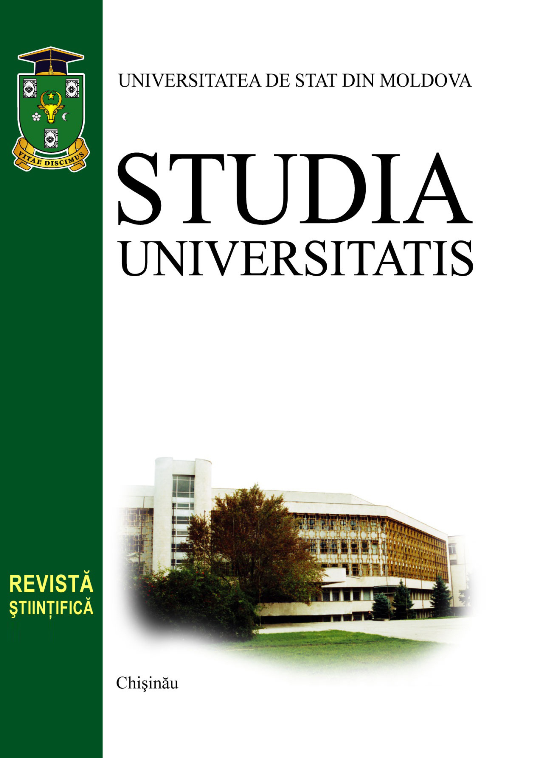EVALUAREA REZISTENŢEI UNOR HIBRIZI AVANSAŢI DE TRITICUM AESTIVUM L. LA AGENŢII PUTREGAIULUI DE RĂDĂCINĂ ÎN CONDIŢII DE TEREN ŞI DE LABORATOR
Elena SAŞCO Institutul de Genetică şi Fiziologie a Plantelor al AŞM
Аннотация
Reciprocal hybrids (F5) of Triticum aestivum under field conditions manifested advanced resistance both of the parents or at their level for root rot agents and fusariose ear of wheat. Genitors – L 101 line, genotype Basarabeanca and 2 hybrids, which have genitor cytoplasmic line L 101 have formed cluster of advanced manifestation of diseases. Other 4 hybrids, including 3 in the cytoplasm Basarabeanca have supported diminished attack of diseases. In laboratory conditions temperature sub-optimal metabolites of strains F. oxysporum var. orthoceras have caused inhibition and stimulation of rootlet and stem growth. The metabolites H. avenae were only inhibitive for studied wheat populations. Bifactorial analysis of the relations genotype wheat x filtrate cultural of pathogenic strains detects that preponderent role belongs to genotype of wheat for rootlet growth (47.26%) in case of F. oxysporum var. orthoceras and for the stem growth (50.47%) in case of H. avenae.
Keywords: Triticum aestivum L., reciprocal hybrids advanced, root rot, fusariose ear of wheat, metabolites Fusarium and Helminthosporium.


